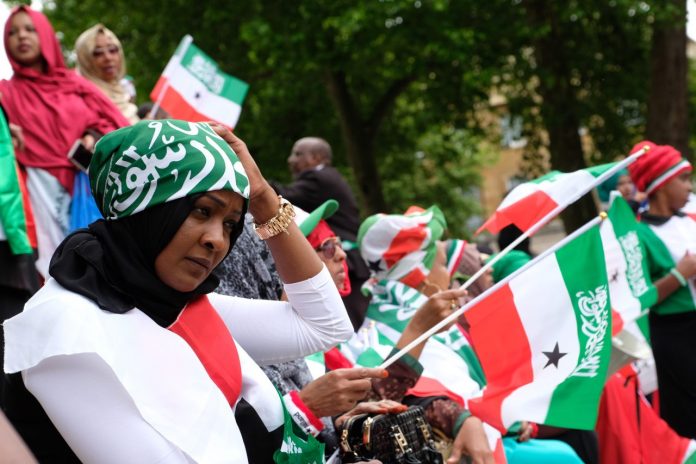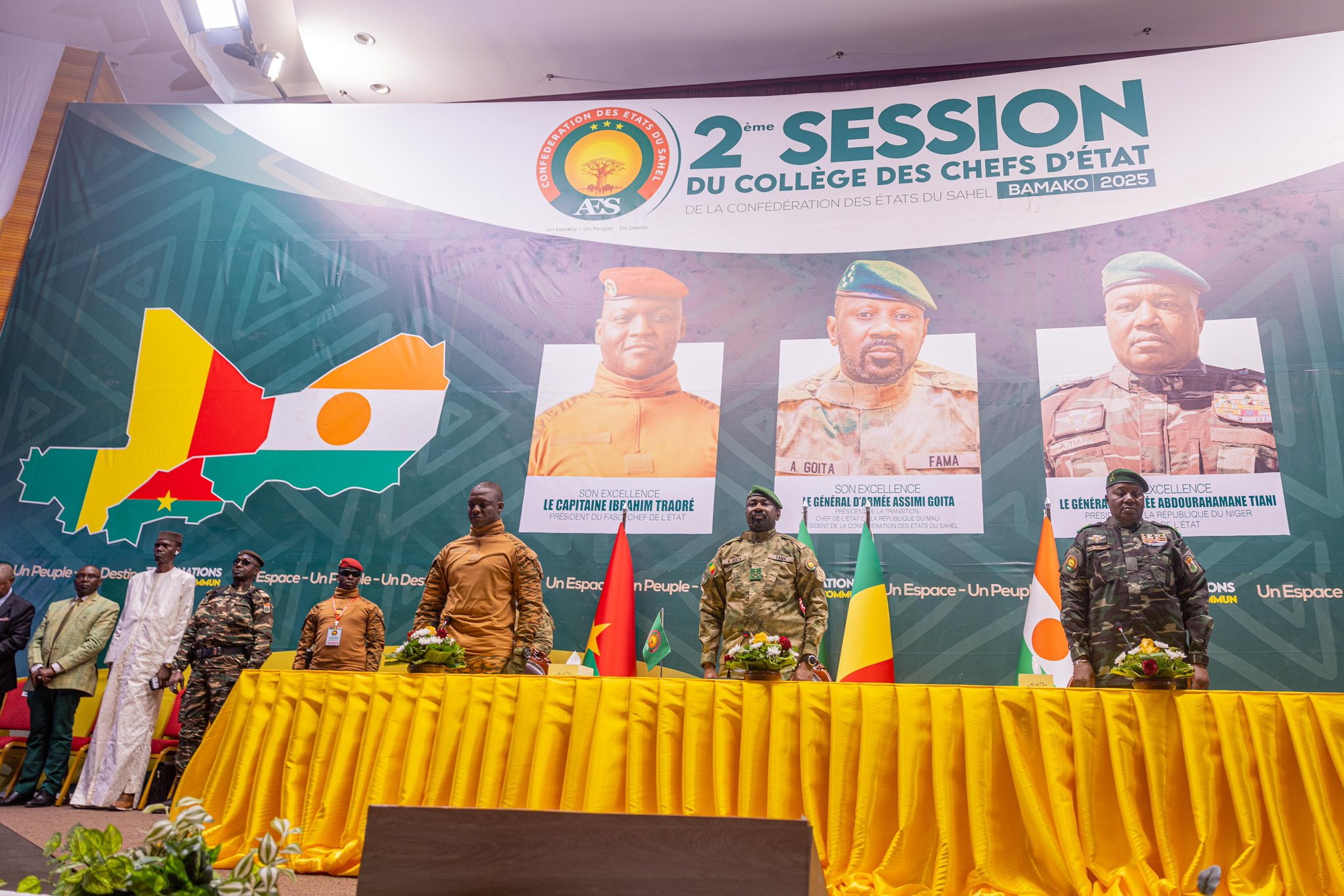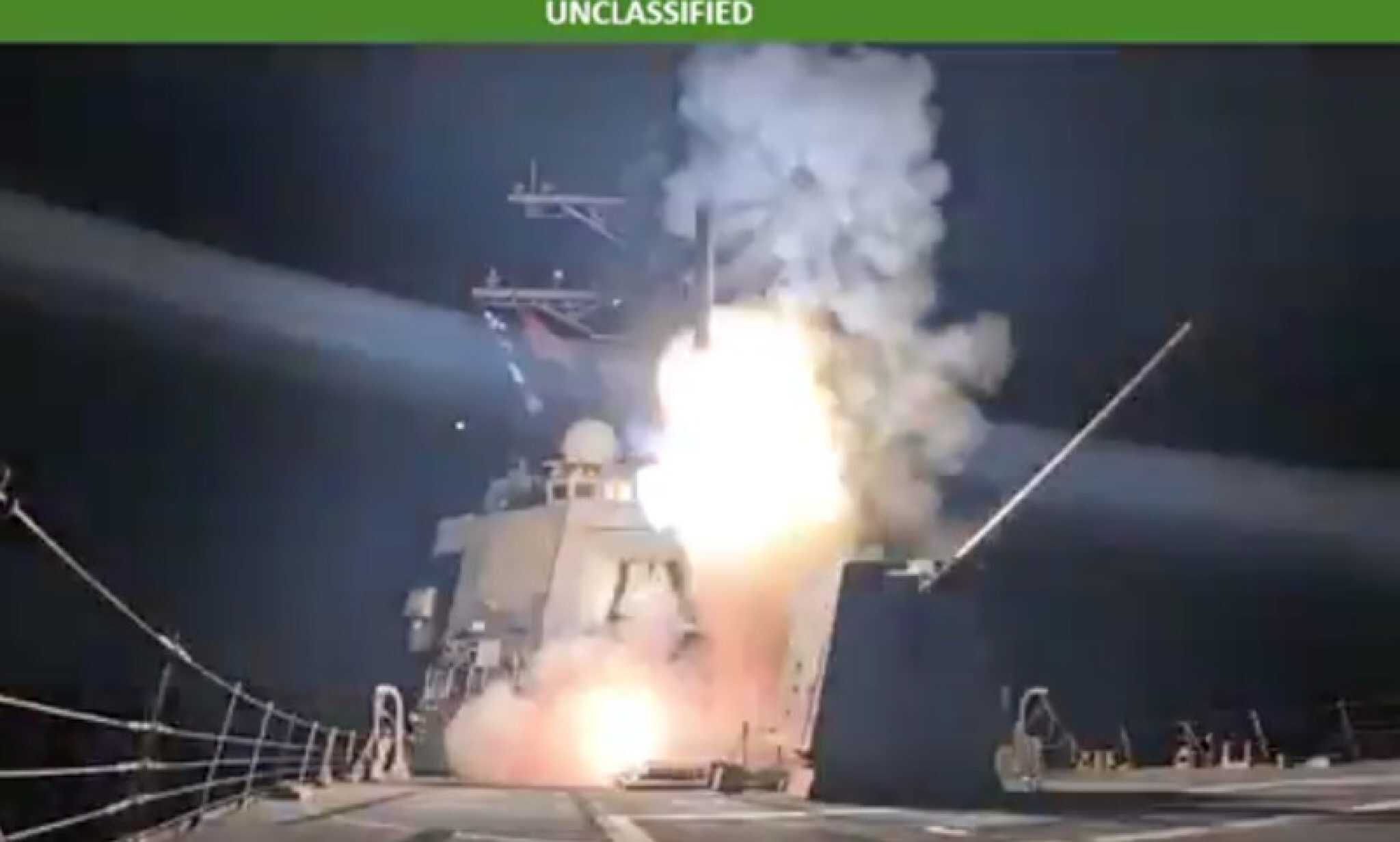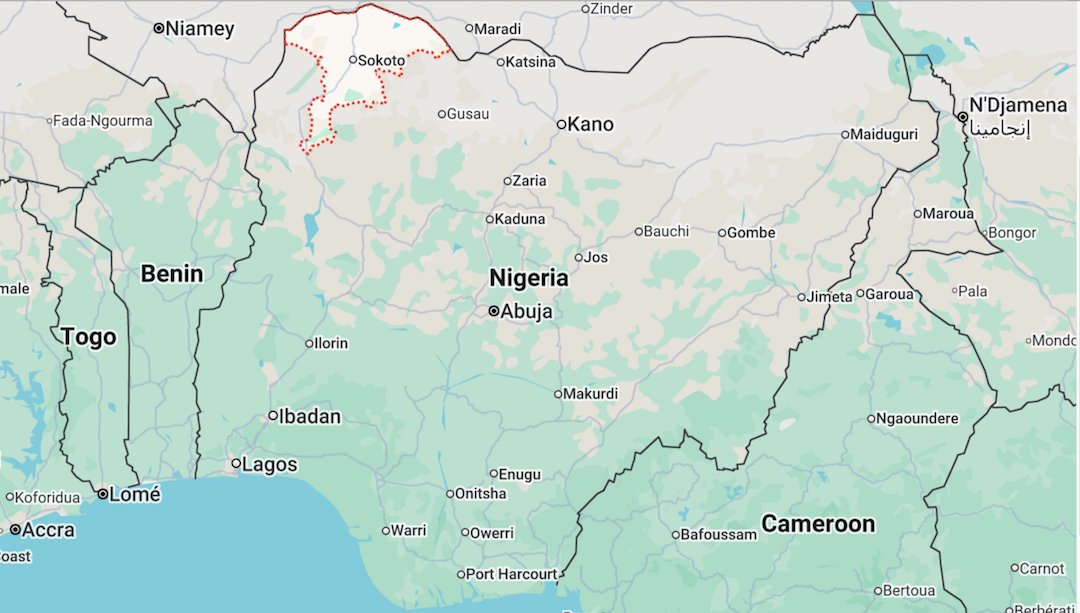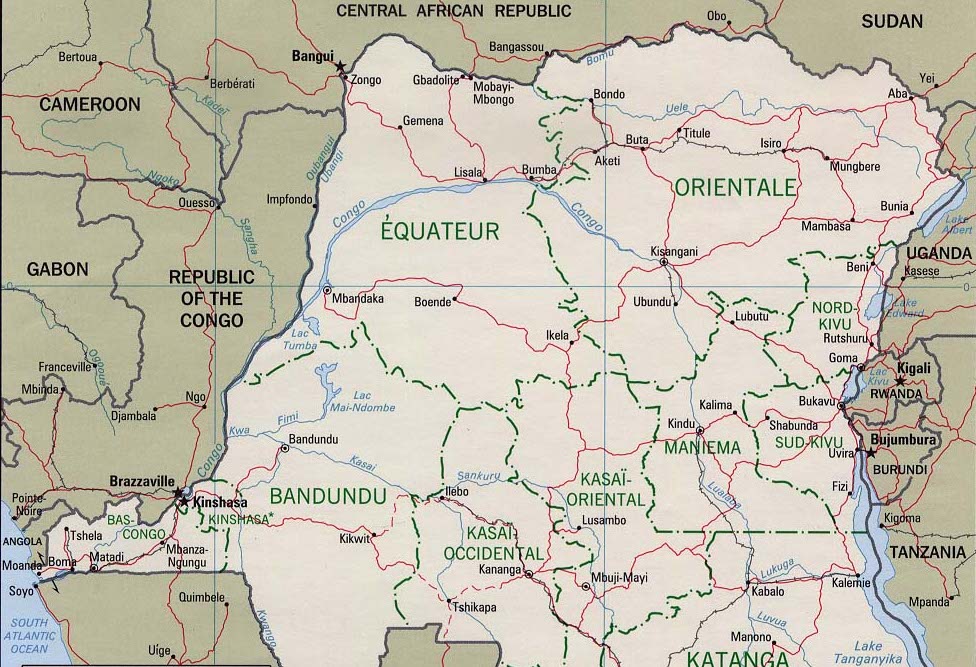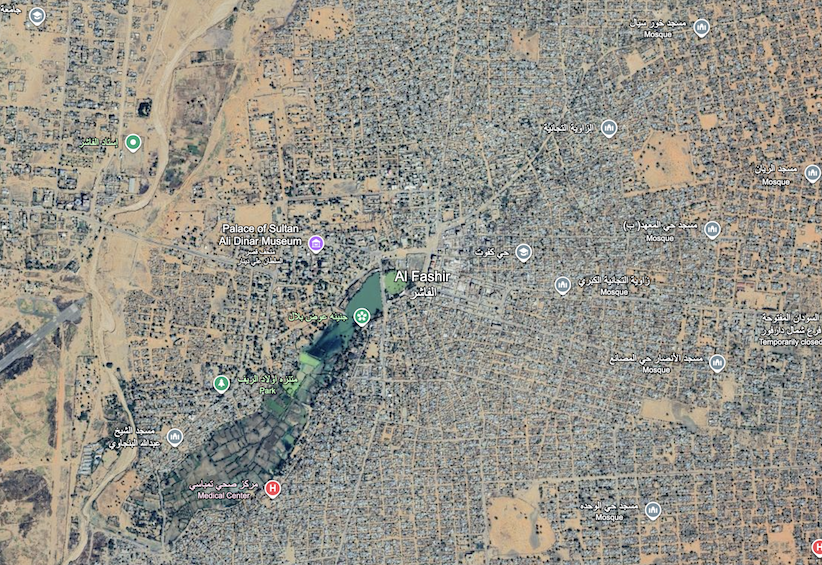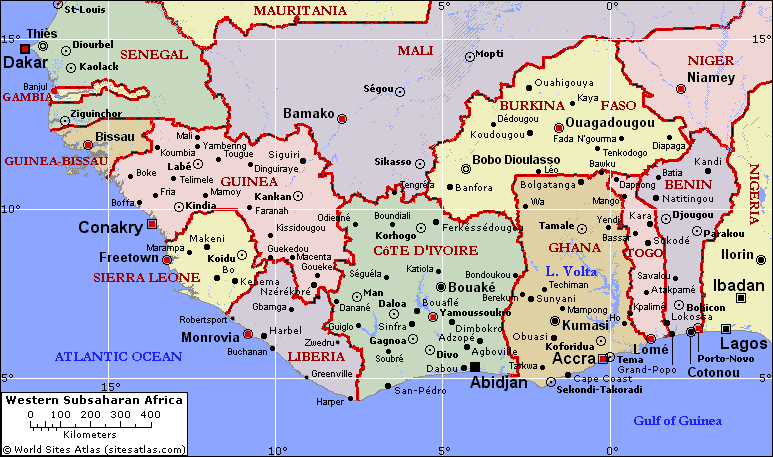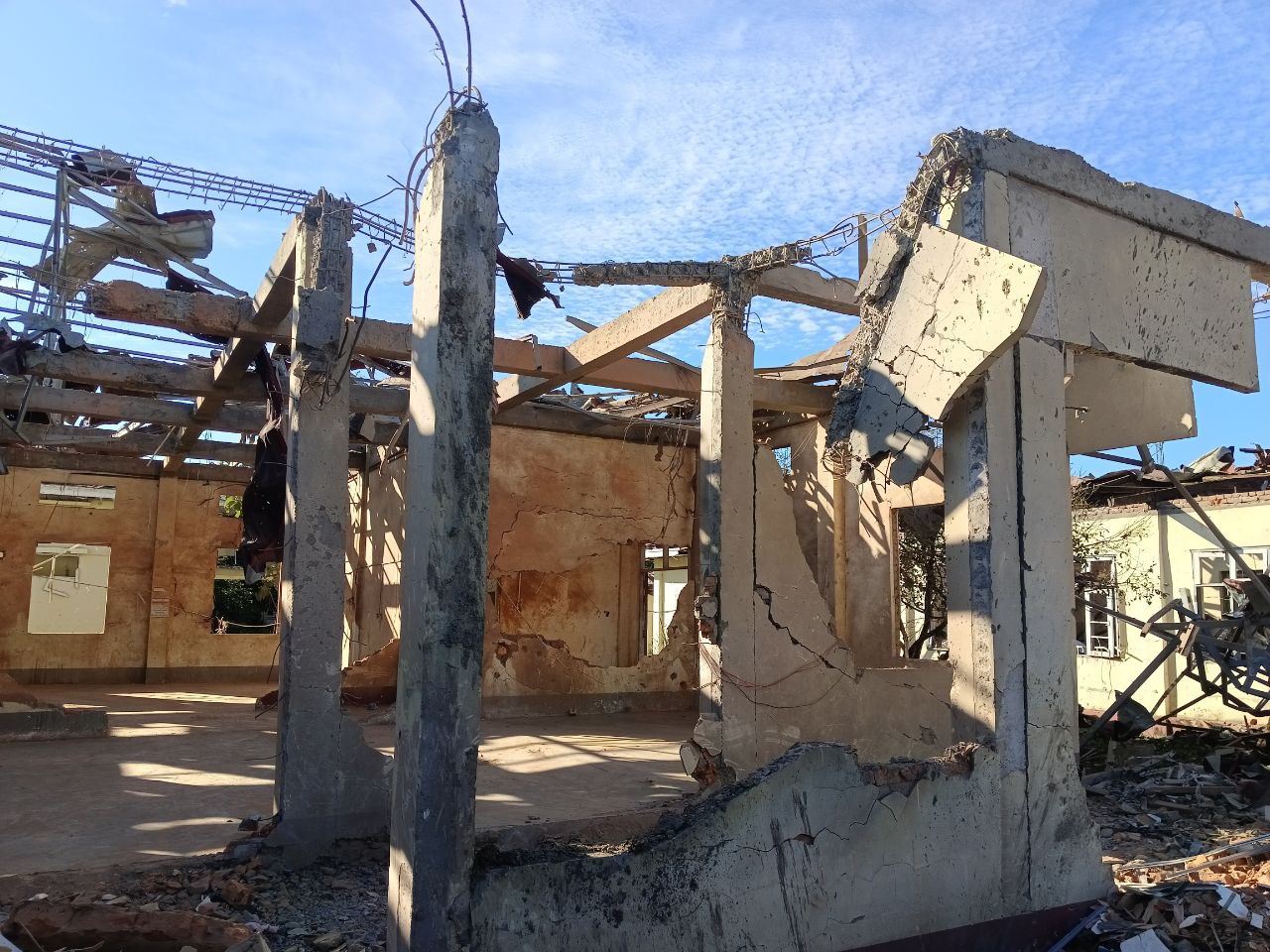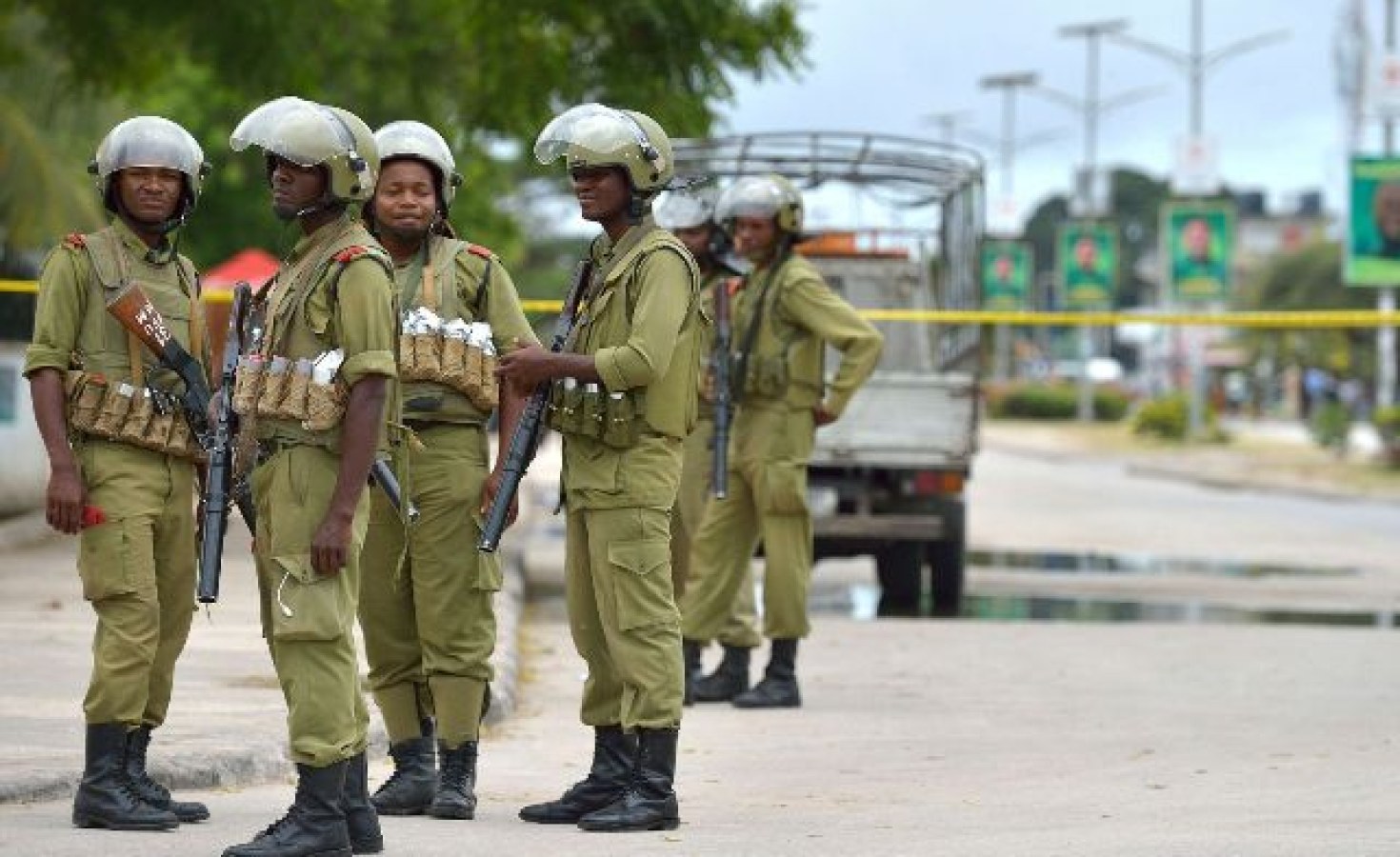
Uganda: police repression in lead-up to elections
Amnesty International reported that Ugandan security forces have unlawfully targeted opposition rallies with excessive force and arbitrary arrests, with some detainees subject to torture and other mistreatment. Protests have mounted nationwide in the lead-up to this month’s election, in which President Yoweri Museveni of the long-entrenched National Resistance Movement seeks an to extend his 40-year rule. He faces a challenge in leading opposition candidate Robert Kyagulanyi Ssentamu, popularly known as Bobi Wine, of the National Unity Party. Wine has repeatedly spoken out against the repression faced by his supporters, and explicitly likened his campaign to a battle, saying: “Our campaign is not the ordinary campaign. We are almost at war. You can see the soldiers and vehicles deployed. These people even knock and kill our supporters.” (Photo: Bobi Wine campaigning in helmet and flack jacket alongside police armored vehicle. Credit: National Unity Party)



